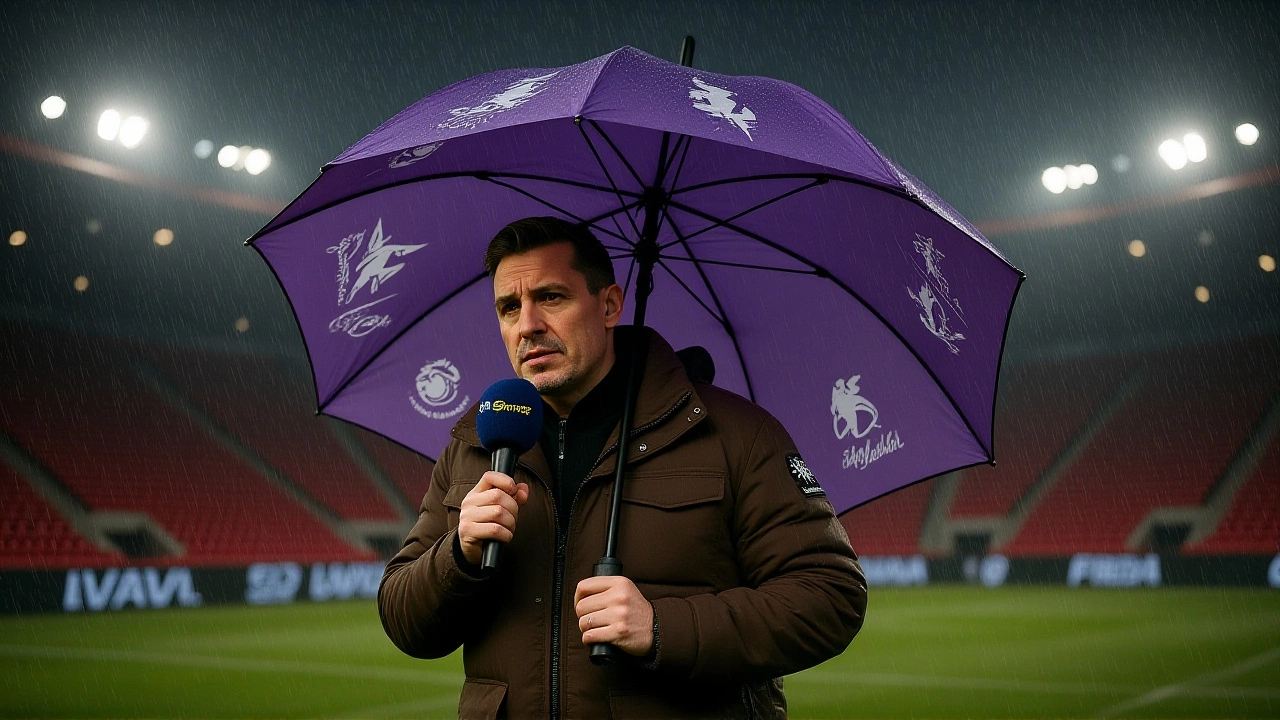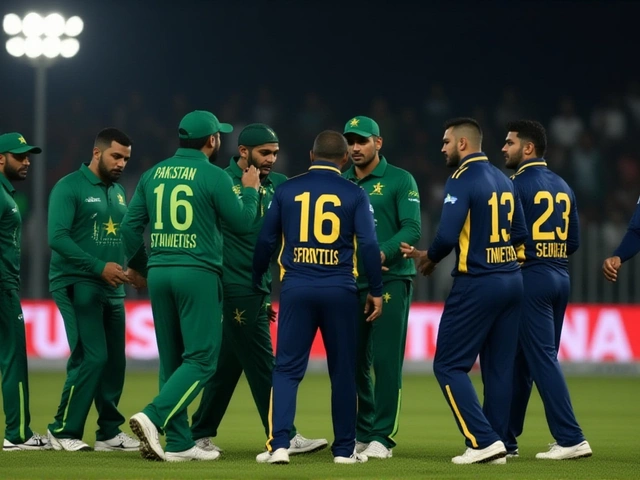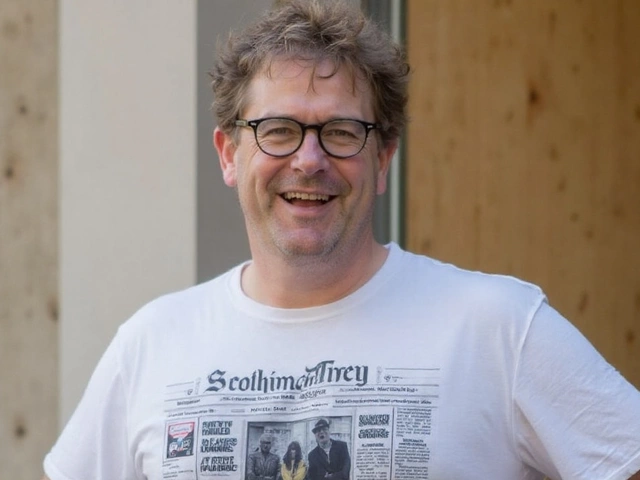When Gary Neville posted a video on LinkedIn on October 7, 2025, blaming "angry, middle-aged white men" for deepening societal divisions, he didn’t expect his words to ignite a firestorm — especially not after a terrorist attack had just left two Jewish men dead in Manchester. The incident, at the Heaton Park Hebrew Congregation Synagogue on October 2, 2025, claimed the lives of Adrian Daulby, 53, and Melvin Cravitz, 66, while police shot dead the suspected attacker, Jihad Al-Shamie. Neville, 50, a former Manchester United captain and now co-owner of Salford City Football Club, said he’d seen dozens of Union Jack flags lining the roads near the synagogue — and it made him think. But his conclusion? That the real problem wasn’t extremism, but the "angry" men who, in his view, were fueling division. The backlash was swift, fierce, and deeply personal.
"You Paid My Wages" — The Accusations Mount
Neville’s comments were met with fury from across the political spectrum. Dame Andrea Jenkyns, a Reform UK MP, didn’t mince words on X: "The sneering by Gary Neville — he was happy for the 'white men' to pay his wages and buy his merchandise! He is Gary Lineker Mark Two." Lee Anderson, another Conservative MP, hit even harder: "You had no problem in playing in front of the England flag. The middle-aged English men you talk about are the same type of men that paid your wages." The irony wasn’t lost on many. Neville, who played for England 85 times, wore the Three Lions shirt proudly. His entire career — from Old Trafford to the national team — was built on the support of fans who, by his own definition, were "angry, middle-aged white men." And now, those same people were being painted as the root of societal decay.What Sky Sports Did — And Didn’t Do
Despite the outcry, Sky Sports made it clear: no disciplinary action. On October 7, 2025, the broadcaster confirmed Neville would continue his role on Super Sunday, the flagship Premier League show that draws millions weekly. "He’s a respected analyst," a source close to the network told GB News. "His opinions are his own. We don’t police punditry unless it crosses legal lines." That decision has drawn its own criticism. Some viewers say silence equals endorsement. Others argue that in an era of rising hate crimes, media figures have a responsibility to choose their words more carefully — especially when discussing communities under threat. The Heaton Park Hebrew Congregation is less than a mile from Salford City’s stadium. Neville walks past its community daily. Yet his response, many say, felt detached — more performative than pastoral.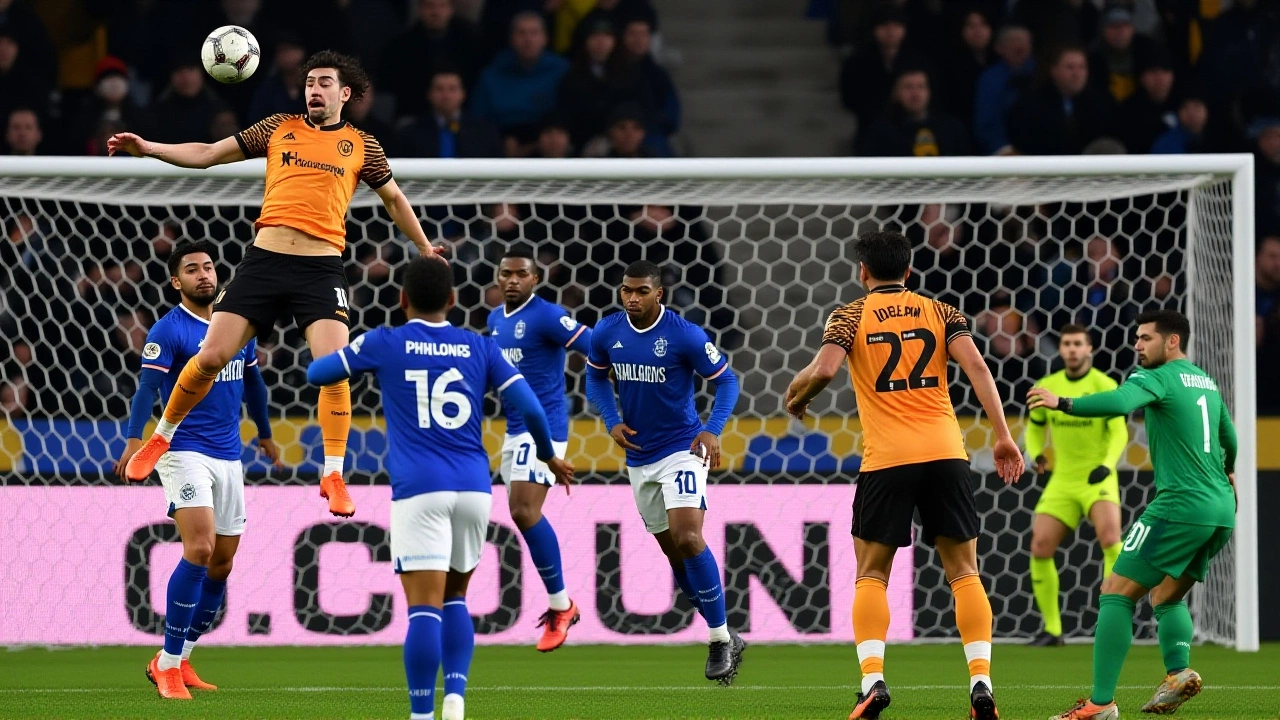
A Pattern of Controversy
This isn’t Neville’s first time in hot water. In 2022, he was one of the most vocal British pundits criticizing Qatar’s labor practices during the World Cup. He called working conditions "abhorrent" and accused UK ministers of "demonising" rail workers and nurses — comments that drew 705 complaints to Ofcom. Yet he still signed on as a pundit for ITV’s coverage of the same tournament, drawing accusations of hypocrisy. He later claimed he was "speaking truth to power," but critics noted he never publicly apologized for the contradiction.Then there’s the flag. According to GB News, Neville personally removed a Union Jack from a building site he owns — a move he described as "symbolic." But in the wake of a Jewish community being targeted, that gesture felt more like performative symbolism than solidarity. The same man who once said he’d "challenge authority" in Qatar now finds himself accused of scapegoating his own base.
The Dragons’ Den Gambit
Amid the storm, a curious development emerged: Neville is now the favorite to join BBC One's Dragons' Den, with odds of 2/1 to replace departing investor Sara Davies. Fellow contenders include Karren Brady (4/1) and Emma Grede (9/2). Business Cloud reported Neville’s investment track record — including his stake in Salford City and his ventures in property and tech — makes him a natural fit. But can he separate his business persona from his political one? Viewers are watching. And so are advertisers.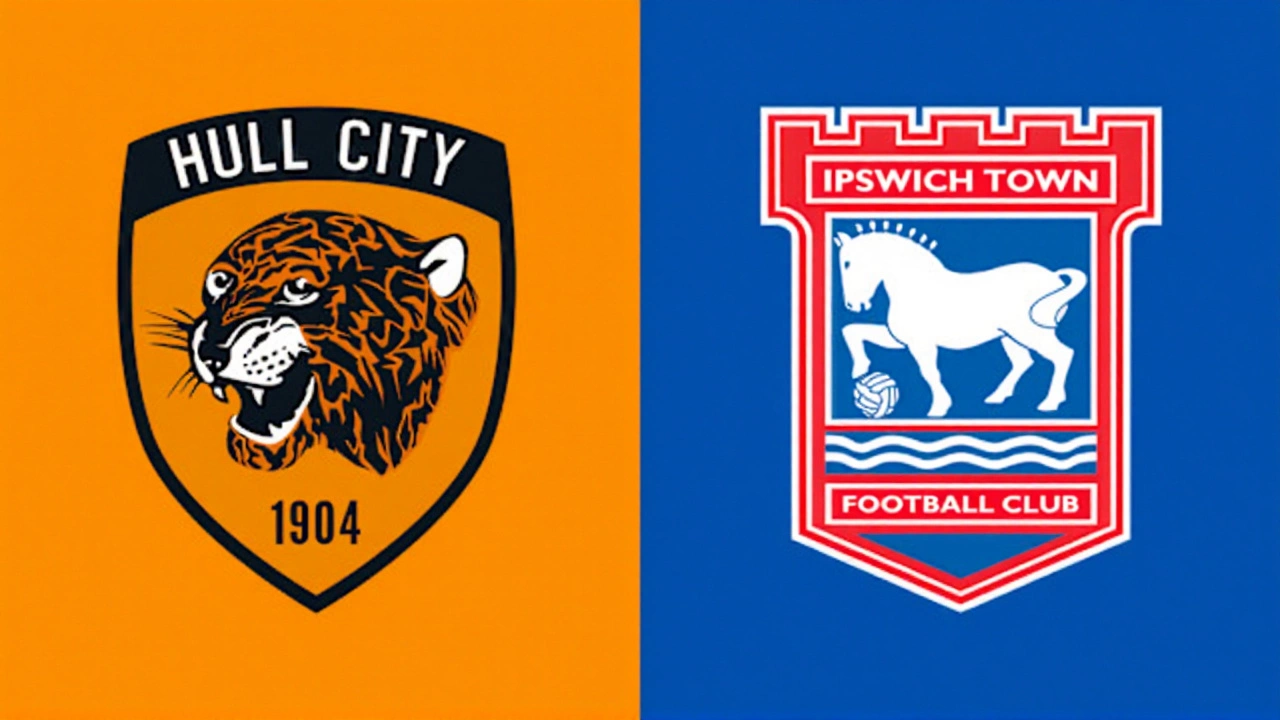
Why This Matters Beyond Football
This isn’t just about a pundit’s misstep. It’s about how society assigns blame after trauma. After a synagogue attack, the instinct is to rally around the victims — not to dissect the demographics of those who might be "creating division." Neville’s comments, however unintentional, risked turning grief into a political cudgel. The Jewish community in Manchester didn’t need another lecture on who’s to blame. They needed safety. They needed solidarity. They needed leaders who listened, not ones who labeled.Meanwhile, Salford City continues to play in League Two, a club built on community pride — owned by Neville and his former United teammates. But now, that community is fractured. Fans who once cheered his name are now asking: "Who are you really speaking for?"
Frequently Asked Questions
Why didn’t Sky Sports discipline Gary Neville?
Sky Sports stated that Neville’s comments, while controversial, fell within the bounds of pundit opinion and did not violate their code of conduct. The network distinguishes between legal violations and subjective commentary, and since his remarks didn’t incite hate or violate broadcasting standards, no action was taken. This mirrors their stance during past controversies involving other pundits like Gary Lineker.
How has the Jewish community in Manchester responded to Neville’s comments?
Local Jewish leaders have largely remained silent publicly, focusing instead on community security and memorial events for Daulby and Cravitz. However, privately, several community members expressed hurt and alienation, feeling Neville’s framing ignored their trauma and redirected blame toward ordinary citizens who were not involved in the attack. One synagogue volunteer said, "We don’t need another talking head telling us who’s to blame — we need protection."
What’s the connection between Neville’s flag removal and the synagogue attack?
Neville removed a Union Jack from a construction site he owns, calling it a "symbolic act." But critics argue this gesture was performative, especially after he saw dozens of the same flags lining streets near the synagogue — flags flown by locals showing defiance, not hate. His removal of one flag, while ignoring the broader context of community resilience, came across as tone-deaf to many, especially those who saw the flags as symbols of solidarity, not nationalism.
Could Neville’s Dragons’ Den opportunity be affected by this controversy?
While BBC has not commented, the timing is precarious. Dragons’ Den prides itself on diversity and social responsibility, and Neville’s comments risk alienating viewers who see him as out of touch. Advertisers may also hesitate to associate with a figure linked to divisive rhetoric. However, his business acumen and media profile remain strong. If he issues a thoughtful apology, he may still be cleared — but the window for damage control is narrowing.
Has Neville ever apologized for past controversial statements?
No. Neville has never issued a public apology for his 2022 World Cup comments that drew 705 Ofcom complaints, nor for his criticism of nurses and rail workers. He has defended his stance as "truth-telling," even when it contradicted his own roles — such as working for ITV while condemning Qatar’s regime. This pattern of unapologetic commentary has led many to view his latest remarks not as a mistake, but as consistent behavior.
What’s the broader impact on football media?
This incident has reignited debate over whether football pundits should engage in political commentary at all. Many fans feel the role is to analyze tactics, not society. Others argue that in times of national tension, silence is complicity. The fallout may push networks to clarify editorial boundaries — or risk losing credibility with audiences who no longer trust pundits to separate personal opinion from public responsibility.
